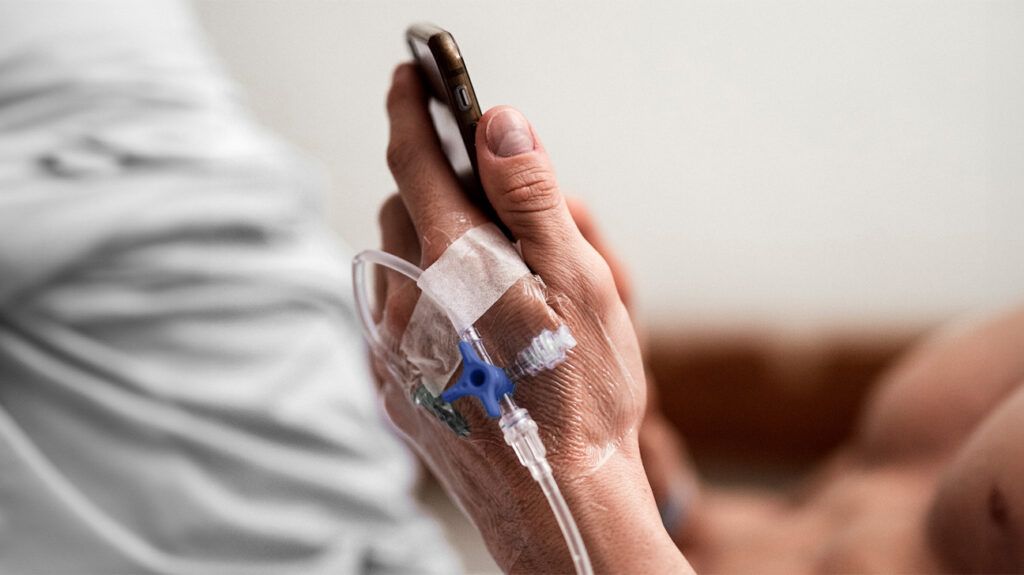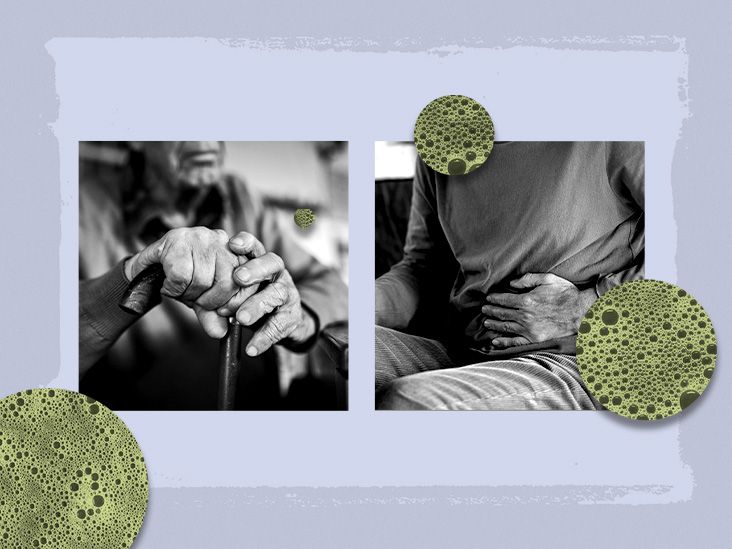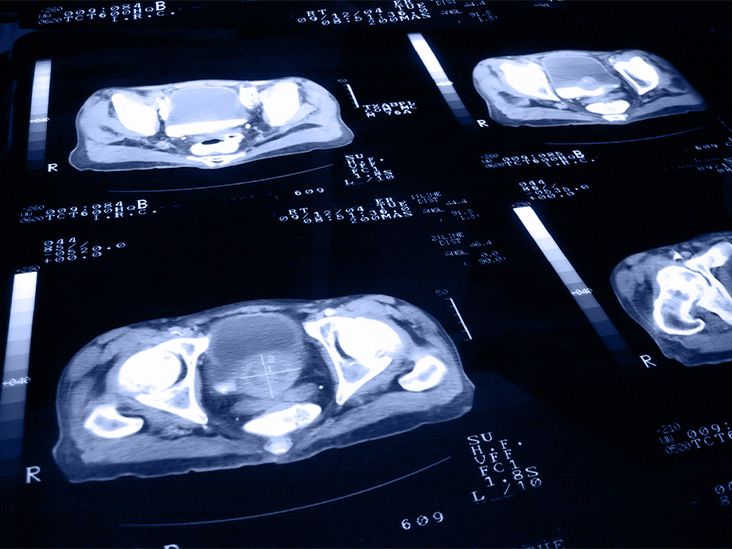Chemoprevention aims to help prevent cancer from developing or coming back. It can be effective for cancers such as breast and prostate cancer but has potentially severe side effects.
Cancer occurs when cells begin to grow in an uncontrolled, abnormal fashion. They might develop too quickly, be malformed, or live too long. Cancer prevention is primarily about stopping this process from happening or slowing it down.
Chemoprevention uses medications to help prevent the development of cancer. Doctors may recommend it to lower someone’s risk of a first cancer or cancer recurrence.

According to the
- having a precancerous condition
- a family history of cancer
- some lifestyle factors, such as smoking
The
For example, some may recommend chemoprevention for breast cancer in females over 35 years of age with a 5-year risk of 1.7% or more. However, other healthcare professionals may use different cutoffs when analyzing cancer risk.
Who is not suitable for chemoprevention
Doctors may not recommend chemoprevention if someone might have a higher risk of side effects from such treatment.
For example, the
- people with a higher risk of serious blood clots
- people who are pregnant or plan on becoming pregnant
- anyone who is breastfeeding
- people taking estrogen
- people taking an aromatase inhibitor, a type of hormone therapy drug
According to the
- Selective estrogen receptor modulators (SERMs): These drugs include tamoxifen and raloxifene. They may lower the risk of breast cancer in people who are at very high risk.
- Finasteride (Propecia): This drug may lower the risk of prostate cancer.
- COX-2 inhibitors: These drugs may be able to help prevent colon and breast cancer.
The efficacy of chemoprevention may vary from case to case.
According to a 2020 review, research suggests SERMs may reduce the risk of some breast cancers by
The review’s authors also suggest that COX-2 selective inhibitors (COXIBs) and nonsteroidal anti-inflammatory drugs (NSAIDs) may also reduce the risk of colorectal cancers.
Older research in the review suggests that a daily 75 milligrams (mg) dose of the NSAID aspirin may lower the risk of such cancers by between 7% and 10%.
The NCI suggests that finasteride may lower the risk of prostate cancer. This effect may last
Anyone considering chemoprevention should consider the potential side effects of these medications.
For example, the
The side effects of finasteride
- low sex drive
- erectile dysfunction
- orthostatic hypotension (low blood pressure from standing up after sitting or lying down)
- gynecomastia
COX inhibitors
- gastrointestinal irritation and bleeding
- gastrointestinal ulceration
- heartburn and indigestion
- nausea
- stroke
- heart attack
- kidney failure
The
Anyone with a higher risk of developing cancer may want to discuss chemoprevention with their doctor.
It may also be helpful to consider certain lifestyle choices for reducing the risk of developing cancer. For instance, the
- quit smoking or do not start (if applicable)
- limit or avoid alcohol (if applicable)
- exercise regularly
- maintain a moderate weight
How long does preventive chemo last?
How long chemoprevention lasts may depend on the individual and the type of drug. For example, chemoprevention using finasteride may be effective for
People can speak with their doctor to learn how long chemoprevention may be effective for them.
Do you lose your hair with preventive chemo?
There is no evidence that chemoprevention typically causes hair loss. However, side effects of chemoprevention can range from
What is the difference between chemotherapy and chemoprevention?
Chemotherapy uses drugs that destroy or neutralize cancer cells that already exist. Chemoprevention uses drugs to prevent the development of these cells. Doctors may also recommend chemoprevention to stop a cancer from coming back.
Cancer resources
To discover more evidence-based information and resources for cancer, visit our dedicated hub.
Chemoprevention uses drugs to stop cancer cells from developing. This treatment can be useful for people who are at a high risk of cancer. It can also be useful for individuals who wish to prevent cancer from coming back.
Research suggests that chemoprevention may be effective against breast, prostate, and colorectal cancers. However, this treatment carries the risk of side effects, including hot flashes, low sex drive, and heart attacks.
People can speak with their doctor about chemoprevention if they have risk factors for cancer. A doctor can also recommend lifestyle changes to reduce the risk of cancer development.


